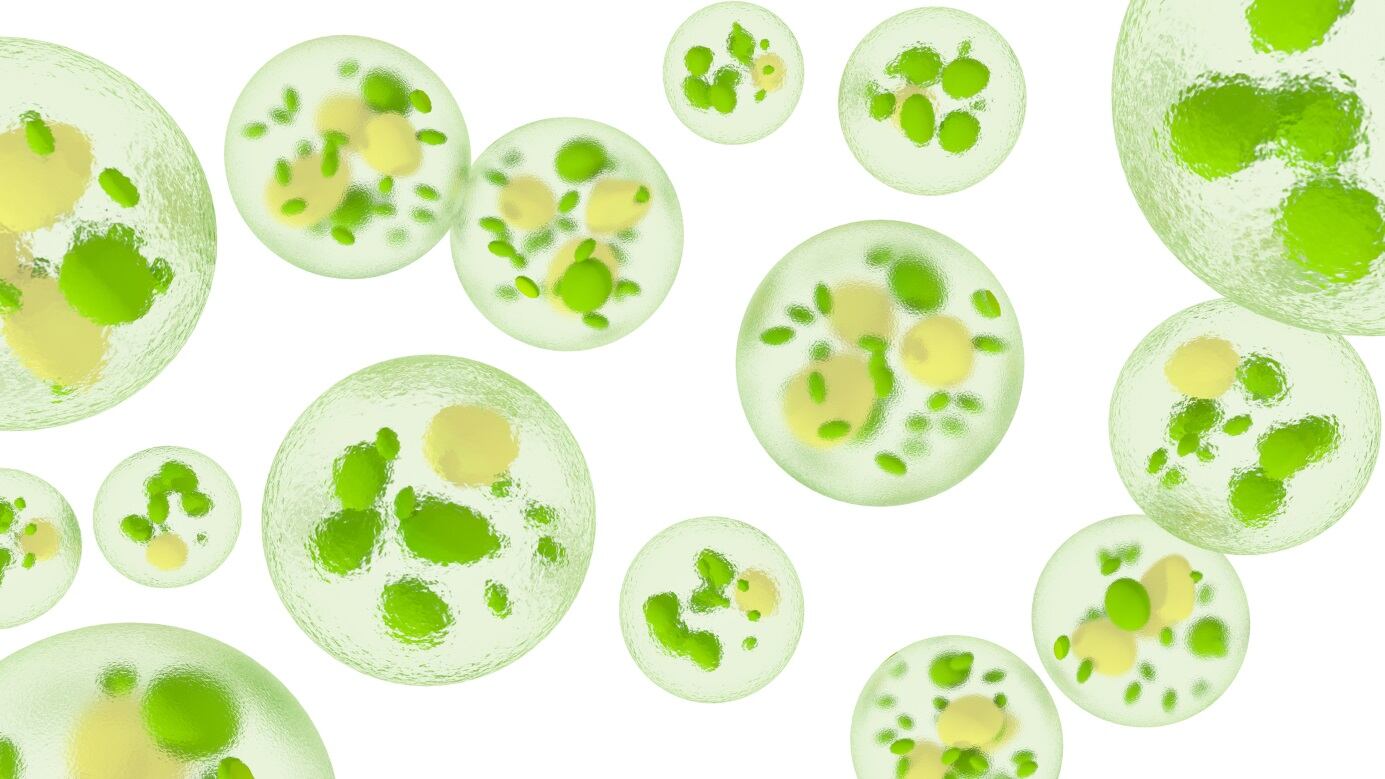The companies said they aim to leverage microalgae to deliver ‘sustainable, tasty and nutritious plant-based products’.
The agreement will combine Corbion’s microalgae and fermentation capabilities with Nestlé’s expertise in the development of plant-based products.
The aim of the joint development agreement is to establish a platform for the production and commercialisation of algae-based ingredients. The research will work to further develop the functionality, taste, and nutritional profile for use in different types of products.
"We are actively exploring the use of microalgae as an alternative protein and micronutrient source for exciting plant-based products. Through the partnership with Corbion, we will be able to use great-tasting, nutritious microalgae-based ingredients to innovate across our different product categories,” Stefan Palzer, Nestlé Chief Technology Officer said.
Microalgae: A nutritious and sustainable protein source
Microalgae ingredients are a vegan source of protein. Unlike many other plant-based proteins, microalgal derived proteins have complete essential amino acids profiles.
Microalgae also offers a higher protein yield than many other plant-based protein sources. Microalgae’s protein yield is reported at 4–15 tons/Ha/year compared to 0.6–1.2 tons/Ha/year for wheat, pulse legumes and soybean.
Research also suggests the protein content of microalgae is similar to conventional sources such as meat, poultry, and dairy products.
Additionally, the presence of various bio-active components in microalgae provide an added health benefit. They contain healthy lipids, antioxidants and various micronutrients. Microalgae is a source of vitamins A, B1, B2, B6, B12, C and E and minerals such as potassium, iron, magnesium, calcium and iodine.
In addition, the production of microalgae has a low carbon, land and water footprint, Nestlé and Corbion noted.
Agricultural production of land-based crops accounts for roughly 75% of total global freshwater use. Meanwhile, animal protein sources consume 100 times more water compared to plant sources for equivalent protein extraction. In contrast, marine microalgae can be cultivated without freshwater and arable land.
Opening ‘important avenues’ in global markets
Microalgae is currently a relatively under-exploited resource.
Of ingredients derived from algae, global Spirulina production is the highest at around 12,000 tons per year, followed by Chlorell at 5000 tons per year. Compared to terrestrial crops, however, these production levels are low. Palm oil production, for instance, stands at 40 million tons annually.
According to data from Credence Research, the global market for algae products was valued at US$32.6 billion in 2017 and is expected to reach US$53.43 billion by 2026, expanding at a CAGR of 5.8%.
Europe accounted for the major market share in 2017 and expected to retain market dominance throughout the forecast period, according to Credence.
However, Marc den Hartog, executive vice president of innovation platforms at Corbion, said that he believes the partnership with Nestlé will open up new global market opportunities and applications for microalgae ingredients.
"We are excited to partner with Nestlé to develop the next generation of algae-based ingredients," he said. "Corbion has already demonstrated the value of algae in several high-value food and feed applications. This new protein partnership with Nestlé has the potential to open important avenues for algae-based products into large global markets."
Nestlé's plant-based portfolio currently includes various beverages such as almond-, coconut- and oat-based creamers and coffee mixes, non-dairy ice cream, as well as a range of pea and soy-based meat alternatives and prepared dishes.

